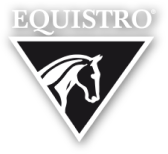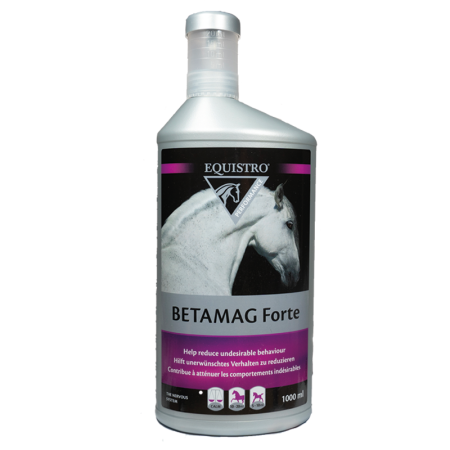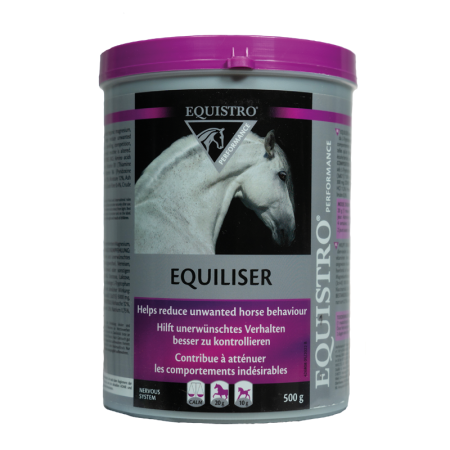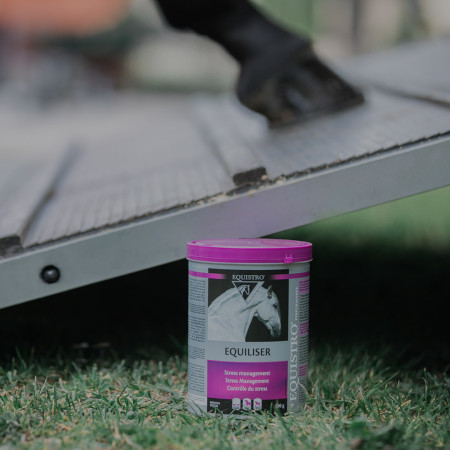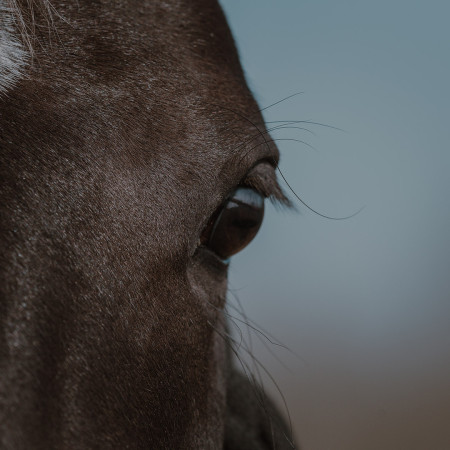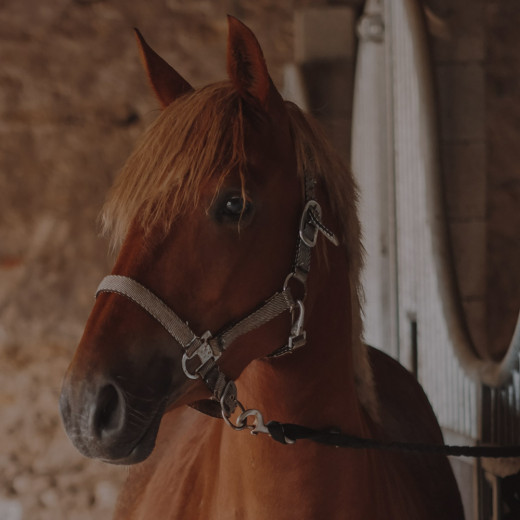
9 tips to attenuate firework anxiety in horses
Horses are by nature flight animals. Loud noises, flickering lights, the smell of burning and clouds of smoke billowing into the air on New Year’s Eve can cause them to panic. This can quickly lead to injuries if frightened horses try to break through fences or the partitions between their stalls in a state of panic. Panicking horses galloping around loose are a danger to road traffic and frequently cause accidents. To avoid such situations and make New Year's Eve a more relaxed situation for horses, find in the following some tips to get smooth through the last night of the year.
1. EXERCISE
Horses that don’t get enough exercise tend to quickly let off pent-up energy by overreacting when the first bangs are heard. It is therefore essential for a horse to get sufficient exercise before and on New Year’s Eve to prevent excess energy building up and so avoid resulting injury.
2. CHEWING CALMS
The act of chewing calms the nerves, with the increased production of saliva helping to make the gastric juices less acidic. When the digestion is stimulated, this activates the parasympathetic nervous system, which paves the way for calm throughout the organism instead of triggering a horse’s instinct for flight under the opposing effect of the sympathetic nervous system. A portion of hay or other forage given before midnight can therefore have a positive impact.
But TAKE CARE: Do not feed agitated horses treats such as chopped-up carrots or apple as above here there is an increased risk of them being swallowed whole and so blocking the oesophagus.
3. SPEAK TO YOUR NEIGHBOURS
Whether your stable is near a residential area, on the outskirts of a town or out in the sticks, speaking to your neighbours will often help defuse conflicts and make things less stressful for your horses. Many people simply don’t realise that setting off fireworks can generally cause panic among animals (including dogs, cats or animals in the wild). Raising awareness of this issue can at least help ensure that the use of fireworks is kept to a moderate level and does not get out of hand.
4. MUSIC
There have already been promising experiences with setting up sound systems for horses in stables or just in individual stalls using “personalised” playlists. Classical music in particular is said to have a relaxing and calming effect on horses. Classical music not only helps to improve the well-being of animals overall, but will ideally even drown out any noise going on in the background.
5. DESENSITISATION
You can additionally use a radio for practice runs on nights leading up to New Year’s Eve. Start off by playing bangs very quietly, slowly increasing the volume each time. This will let you see which horses panic so you can take further precautions for New Year’s Eve or focus special attention on a horse.
6. VETERINARIAN
In emergency situations when a horse is unable to cope with noise due to extremely weak nerves, you should speak to your vet beforehand about administering a sub-sedative dose of medication to minimise the risk of injury to horse and humans. When one horse starts to panic, this can spread to other horses throughout the stable.
7. CHECKLIST
On the night of New Year’s Eve make sure you check the following in the stables:
- Risk of injury from gates, stall doors and walls, protruding objects, etc.
- For the open stable: “escape-proof” fences, minimise risk of slipping, cordon off aisles with computer-controlled feeding
- Fire protection: Store hay and straw safely, secure emergency exits, inspect water pipes
- Leave the lights on in the stable to minimise visual stimuli from outside - If necessary, black out windows outside for the same purpose
- Close doors and windows to reduce noise levels - On New Year’s Day inspect paddocks and fields for damage and left-over rockets
8. STABLING PLAN
The stabling of your horses on New Year’s Eve should be reconsidered according to strategic aspects. A row of nervous horses will be helped if they have neighbours with a calming nature stabled alongside them. It’s not just panic, but also a feeling of calm that can spread between horses. Similarly, horses that tend to panic should be positioned in the middle of the stables. They will be reassured by being able to see as many of their neighbours as possible.
But TAKE CARE: Don’t wait until the night of New Year’s Eve to do this or you will encourage even greater disquiet.
9. NATURAL SOOTHING
Feed supplements can do sterling service when it comes to soothing horses’ nerves by natural means. Containing organically bound magnesium, EQUILSER by EQUISTRO helps minimise the susceptibility of nerve cells. This can have a calming effect in combination with L-tryptophan, a precursor to serotonin. Rounded off with the addition of B vitamins, EQUILISER encourages the optimal functioning of nerve tissue. Alternatively, Zylkene® Equine may be the preferred choice with particularly difficult cases. The milk protein it contains (alpha-casozepine) simulates the soothing feeling experienced by a baby after breastfeeding. This way horses naturally learn to associate stressful situations with a feeling of contentment, so helping them to face up to challenging situations overall with greater calm. To ensure optimum results we recommend starting to add either EQUILISER or Zylkene® Equine to feed at least 2-4 days beforehand.
Dr. med. vet. Caroline Fritz
